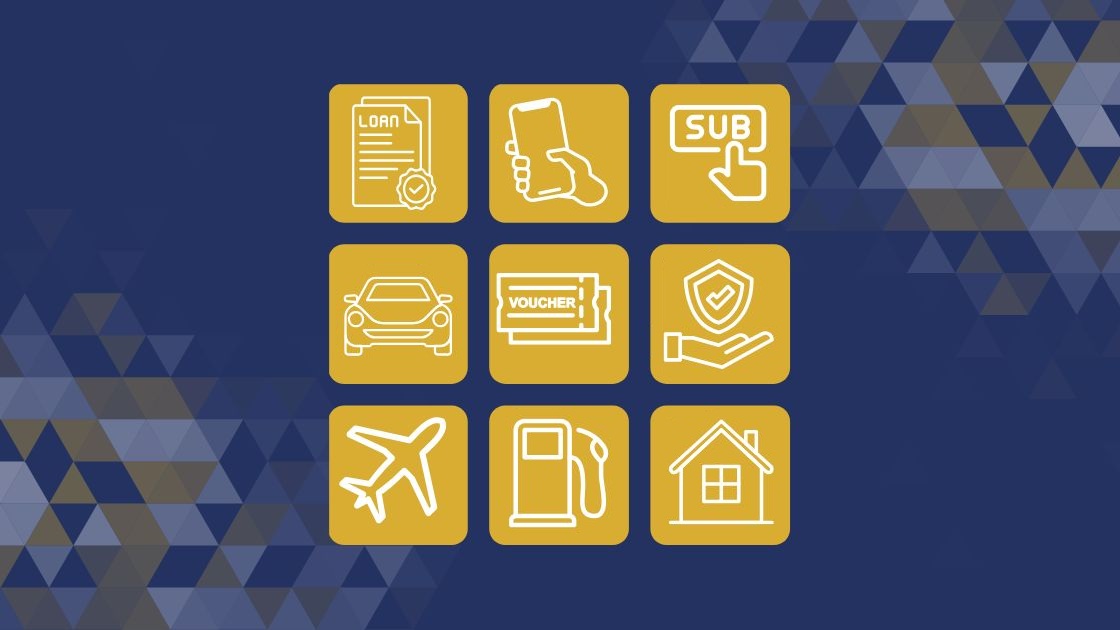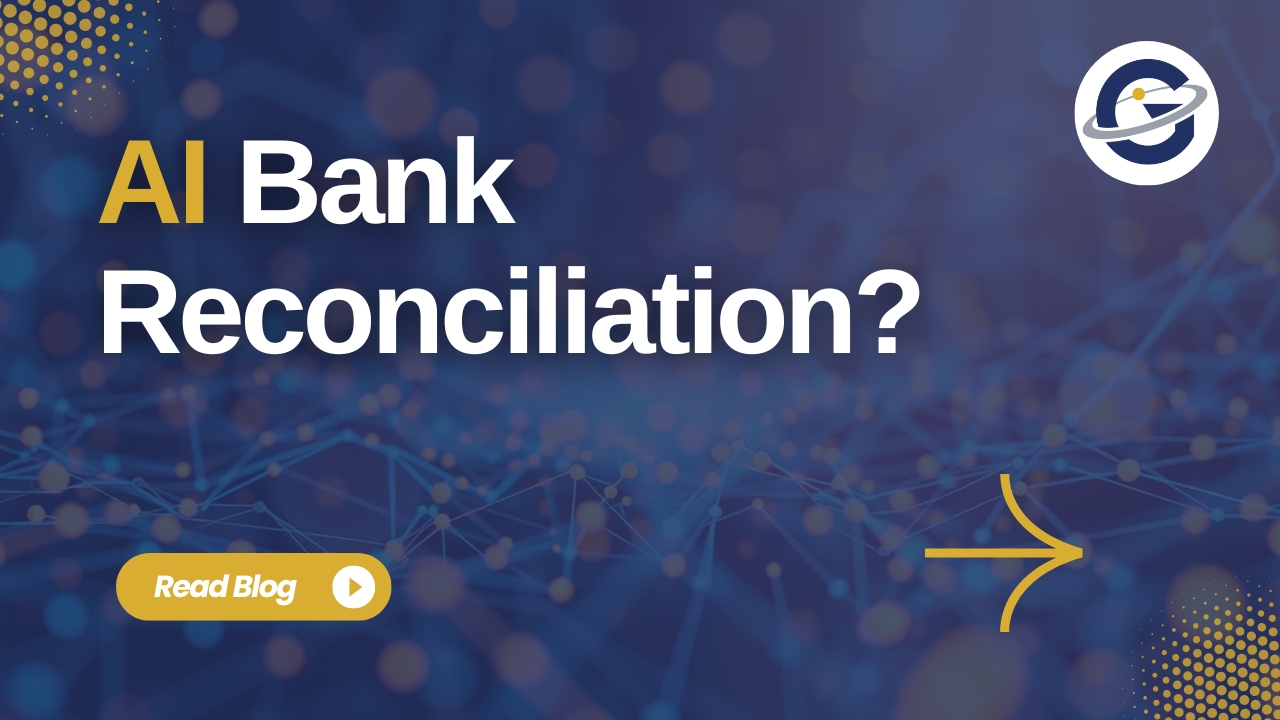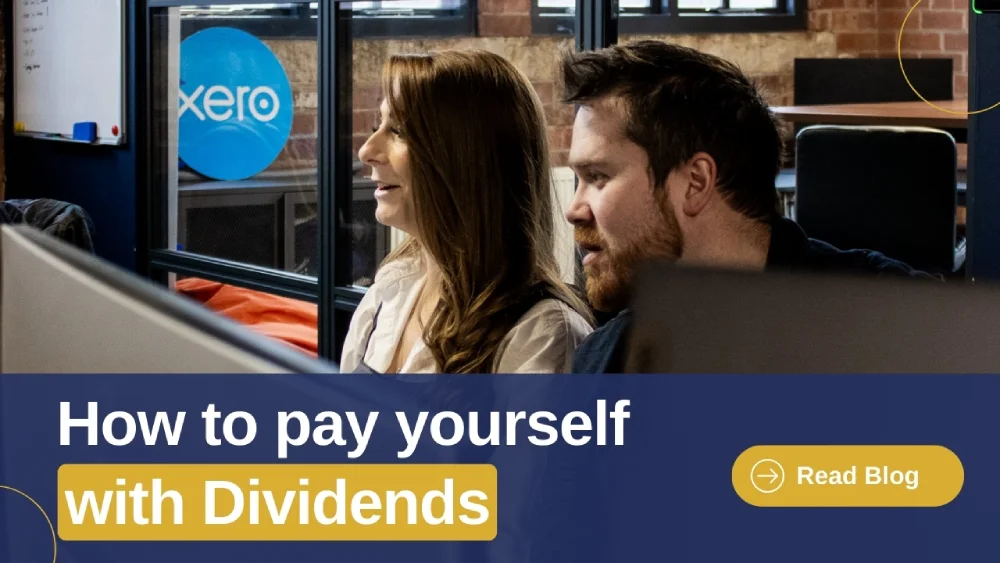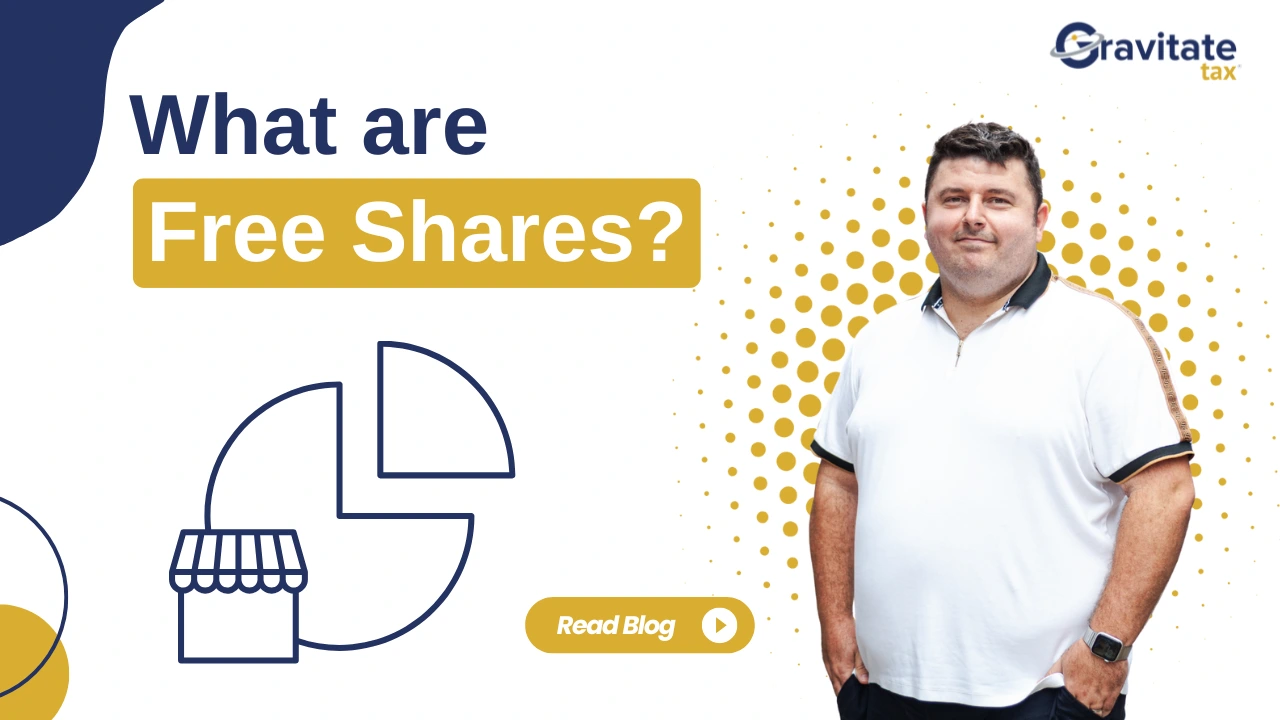A UK P11D form is used by employers to report taxable benefits and expenses provided to employees or directors that are not processed through payroll. This blog includes a comprehensive list of items that could be included in a P11D form.
As your accountants, Gravitate will have access to certain information that is required to be included on your P11D, but there may be additional sources of income and additional deductions / allowances you may be able to access that may have occurred in the year.
This blog lists all the information that could be included in a P11D. If you have any of the following benefits which are not yet reported to your accountant, we recommend reviewing the below and providing all relevant details.
See also: Benefits in Kind - Taxes and New Rules
Taxable Benefits & Expenses for P11D
Other perks
Other perks that could be included in a P11D but aren’t included the above table include:
- Gym memberships or other subscription services
- Childcare costs beyond tax-free allowances
- Holidays paid for by the employer
- Gifts exceeding the "trivial benefit" limit (£50 per item)
- Christmas or annual parties costing more than £150 per head
- Relocation expenses above £8,000
- Employer-paid personal bills (e.g., utility bills)
Which items are exempt (not reported in your P11D form)?
- Certain benefits are exempt if they meet specific criteria, these are:
- Employer pension contributions
- One mobile phone per employee (if in the employer's name)
- In-house sports facilities
- Free or subsidized canteen meals available to all employees
- Work-related training costs
- Uniforms or protective clothing required for the job
- Bicycles provided under the Cycle to Work scheme
- Business travel expenses reimbursed within HMRC guidelines
Important notes
Some benefits may be "payrolled," meaning they are taxed through payroll instead of being reported on a P11D.
Employers must also submit a P11D(b) form summarising all taxable benefits and calculating Class 1A National Insurance contributions.
If you are a Gravitate client and have any questions at all relating to your benefits and expenses, please contact your squad leader. If you are not a Gravitate client but would like to understand more about your P11D form responsibilities, please send us a message.

.png)


.png)

.png)
.png)

.png)
.png)
.png)













.png)
.png)
.png)

.png)
.png)

.png)



.webp)
.webp)












.jpg)

.webp)
.png)

.svg)
